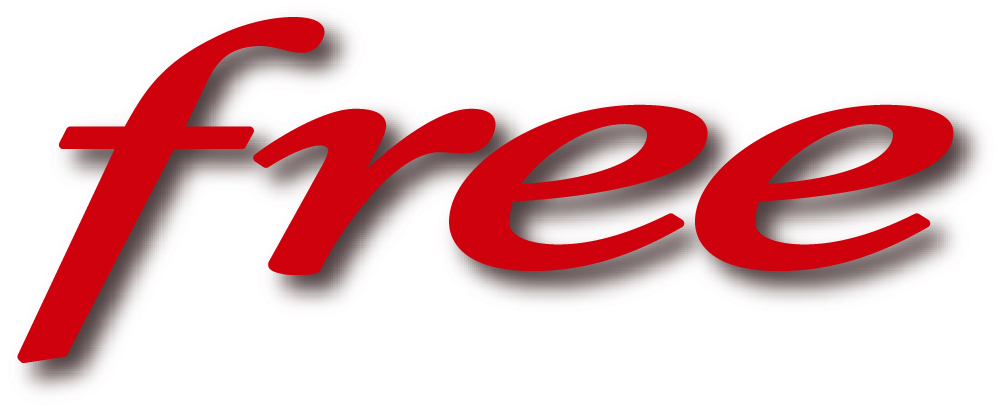 In the UK, there used to be attempts to make mobile calls free to users (Blyk tried to refinance this over permission-based advertising). It failed. In France, Free charges its users but is a) successful and popular with users and b) commercially viable. Oh, and c) it might just disrupt the mobile operator landscape in the long term.
In the UK, there used to be attempts to make mobile calls free to users (Blyk tried to refinance this over permission-based advertising). It failed. In France, Free charges its users but is a) successful and popular with users and b) commercially viable. Oh, and c) it might just disrupt the mobile operator landscape in the long term.
I have been following Free’s endeavours for a while: they started disrupting the market with set-top boxes and subsequent offers around ISP services. They have just extended that to mobile and it has rocked the boat of many people significantly (for an in-depth review see Om Malik’s story on Free; this was followed by a flurry of reporting all over the place). In short, it is about the vision and balls of Xavier Niel. He founded Free on the back of gobbling up – through Free’s holding company Iliad – a lot of dark fibre networks in France (which he could afford last but not least because he sold his ISP pre-bubble rather profitably). Free built out the first triple-play service in France (with broadband, telephone and TV all over IP) and came out with a very competitive price, which it could afford because its parent owned the network.
Now it came out with a mobile offering on top of that. And it starts at €2 per month. Yes, you read that right. For the discerning digital afficionado (which you probably are when you are reading blogs like this one), there is a €19.99/month offer for unlimited voice calls (domestic and to 40+ countries), unlimited texts (and MMS if you are so inclined) and unlimited data. And, yes, you read that right, too. Check it here. The one thing I haven’t checked is international roaming rates but that only bothers a minority, I suppose (and, hey, perhaps they are as competitive).
Now, the really cool thing (or “disruptive” thing if you want to stick to present-day analyst lingo) is how they are doing this (and it is the very thing that makes traditional mobile operators feel so relatively uncomfortable). Since Iliad owns those masses of fibre networks, they can efficiently operate this. Now, they apparently start equipping their set-top boxes with femtocels and reserve a sliver of each of the bandwidth of those for their mobile network. This will greatly reduce their backhaul costs and allows users to enjoy higher bandwidth more often (at less cost to Free, too).
The “disruptive” thinking is, then, “only” applying the Skype model to the world at large, i.e. using the cheap(er) data networks to deliver a service so far associated with minute charges and the like. For Free, not metering, not data is important but the service. IP-driven business model vs old-school per-minute business model. I like this! After all, we are fast moving into a space where data is ubiquitous and merely a means to access services. So you pay for this access. Period.
The interesting thing is that all incumbent operators have swiftly announced that they would match the price. So have they been taking the mickey for all those years? Well… My guess is that they will not be operating with the same margins as Free does; they have been enjoying their place in the limelight for too long. So it will be thrilling to see if they will be able to turn things around quickly enough.

1 Pingback